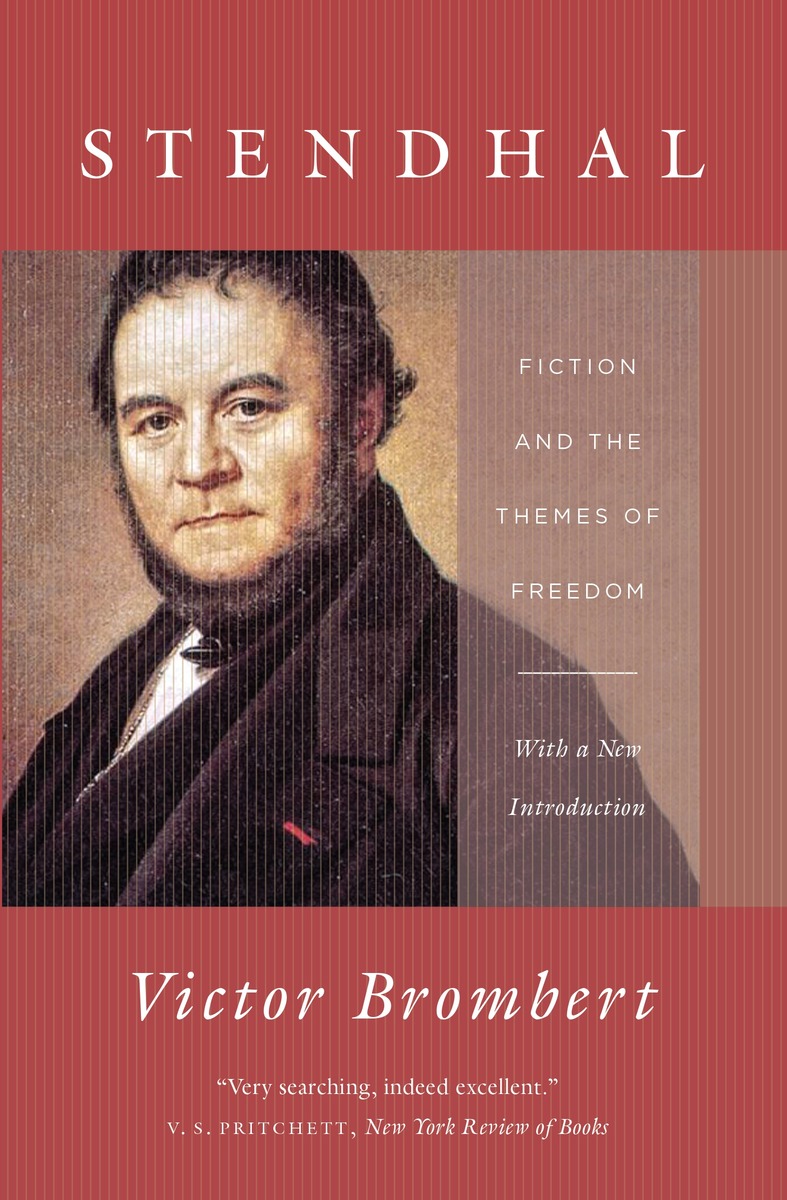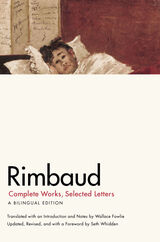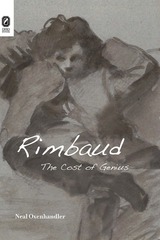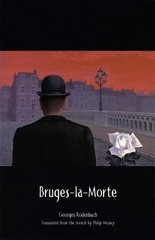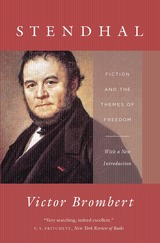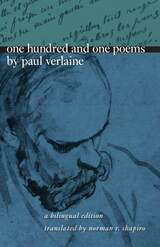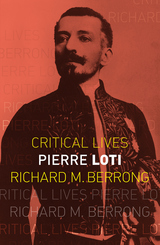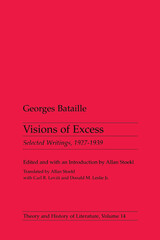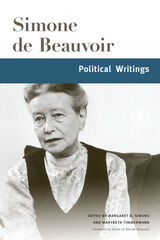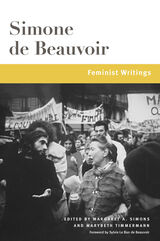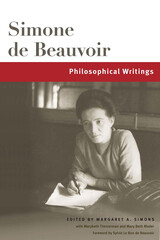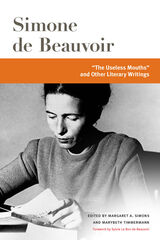Stendhal: Fiction and the Themes of Freedom
University of Chicago Press, 2017
eISBN: 978-0-226-53829-7 | Paper: 978-0-226-51935-7
Library of Congress Classification PQ2442.B69 2017
Dewey Decimal Classification 843.7
eISBN: 978-0-226-53829-7 | Paper: 978-0-226-51935-7
Library of Congress Classification PQ2442.B69 2017
Dewey Decimal Classification 843.7
ABOUT THIS BOOK | AUTHOR BIOGRAPHY | REVIEWS | TOC | REQUEST ACCESSIBLE FILE
ABOUT THIS BOOK
Victor Brombert is a lion in the study of French literature, and in this classic of literary criticism, he turns his clear and perspicacious gaze on the works of one of its greatest authors—Stendhal. Best remembered for his novels The Red and the Black and The Charterhouse of Parma, Stendhal is a writer of extraordinary insight into psychology and the many shades of individual and political liberty. Brombert has spent a lifetime reading and teaching Stendhal and here, by focusing on the seemingly contradictory themes of inner freedom and outer constraint within Stendhal’s writings, he offers a revealing analysis of both his work and his life.
For Brombert, Stendhal’s work is deeply personal; elsewhere, he has written about the myriad connections between Stendhal’s ironic inquiries into identity and his own boyhood in France on the brink of World War II. Proceeding via careful and nuanced readings of passages from Stendhal’s fiction and autobiography, Brombert pays particular attention to style, tone, and meaning. Paradoxically, Stendhal’s heroes often feel most free when in prison, and in a statement of stunning relevance for our contemporary world, Brombert contends that Stendhal is far clearer than any writer before him on the “crisis and contradictions of modern humanism that . . . render political freedom illusory.” Featuring a new introduction in which Brombert explores his earliest encounters with Stendhal—the beginnings of his “affair” during a year spent as a Fulbright scholar in Rome—Stendhal remains a spirited, elegant, and resonant account.
For Brombert, Stendhal’s work is deeply personal; elsewhere, he has written about the myriad connections between Stendhal’s ironic inquiries into identity and his own boyhood in France on the brink of World War II. Proceeding via careful and nuanced readings of passages from Stendhal’s fiction and autobiography, Brombert pays particular attention to style, tone, and meaning. Paradoxically, Stendhal’s heroes often feel most free when in prison, and in a statement of stunning relevance for our contemporary world, Brombert contends that Stendhal is far clearer than any writer before him on the “crisis and contradictions of modern humanism that . . . render political freedom illusory.” Featuring a new introduction in which Brombert explores his earliest encounters with Stendhal—the beginnings of his “affair” during a year spent as a Fulbright scholar in Rome—Stendhal remains a spirited, elegant, and resonant account.
See other books on: 1783-1842 | Freedom | Liberty in literature | Stendhal | Themes
See other titles from University of Chicago Press
